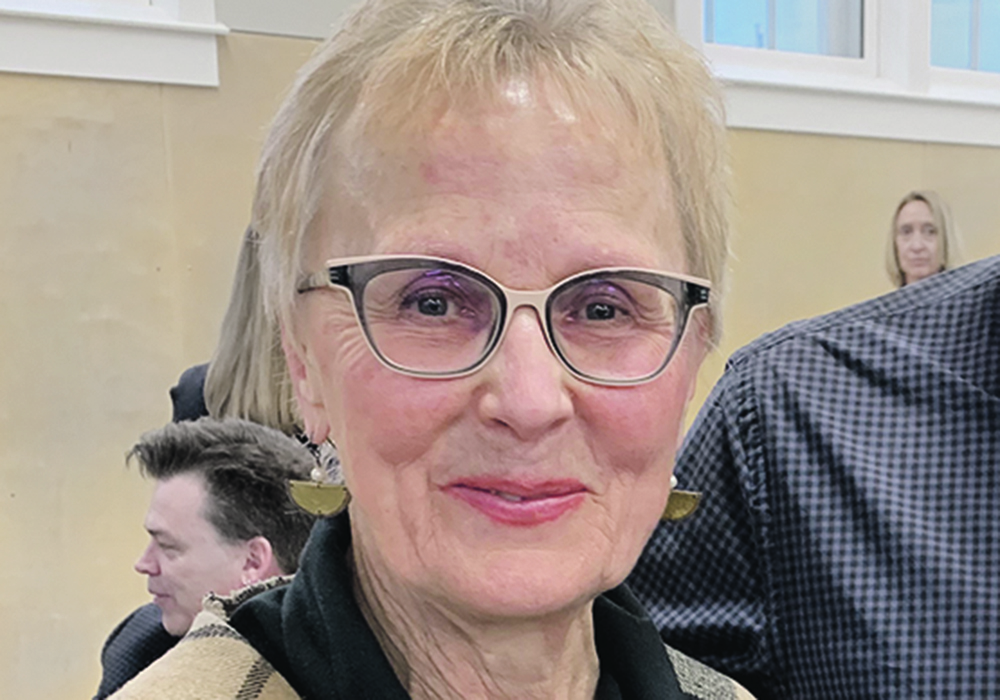BRANDON — Dori Gingera-Beauchemin was delighted to be back among the crowds of aggies swarming Manitoba Ag Days.
“It’s like the Superbowl for us,” she said in front of a crowd of agriculture students, agriculture graduates, Assiniboine Community College instructors and staff, and agricultural luminaries from across the province.
Gingera-Beauchemin’s comments came in an unusual situation. Usually she appears in front of audiences representing Manitoba Agriculture, for which she has been deputy minister since 2013, or for other organizations like 4-H, for which she has had leadership positions.
Read Also

Organic farmers urged to make better use of trade deals
Organic growers should be singing CUSMA’s praises, according to the Canadian Chamber of Commerce.
But on this dark January morning she stood in front of a sold-out breakfast crowd in the historic Dome Building to receive an honorary diploma in agribusiness from Assiniboine Community College for her 44 years working for Manitoba’s farmers and agriculture.
She was representing herself rather than giving the official view of the government or another organization, having just retired from government service.
But she shared her view of the role she felt government could play for farmers and agriculture, one of assisting the industry, not dictating to it.
“We’re just the stagehands on a big show,” said Gingera-Beauchemin, who farms south of Winnipeg with her husband, Paul.
She said it is critical for agriculture department staff to interact with farmers and with the critical organizations that make agriculture into a vibrant community, such as exhibition associations, 4-H, the Manitoba Women’s Institute and Agriculture in the Classroom.
“Those are the partnerships we also need to keep alive because those are the ones that forge a different kind of relationship, a different set of skills that contribute to us being active partners in the industry,” said Gingera-Beauchemin.
She began her career in 1975 as a summer student with Manitoba Agriculture and held many roles with the department. Her early involvement with 4-H has become a lifelong commitment, one that saw her become president of the Canadian 4-H Foundation.
As deputy minister of agriculture, she was a highly visible female leader in the industry, often appearing at conferences to give remarks on behalf of the minister and her department.
She “retires” to the family grain farm where she already lives and to her volunteer work with a number of organizations. Her husband, Paul, works the farm and is a commercial trucker hauling bulk commodities.
















